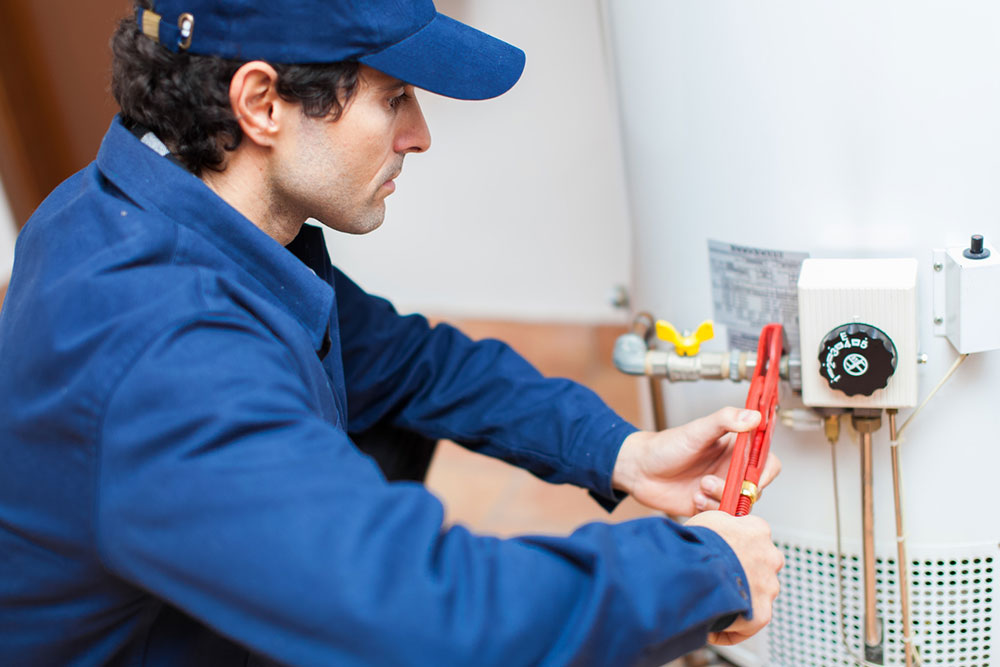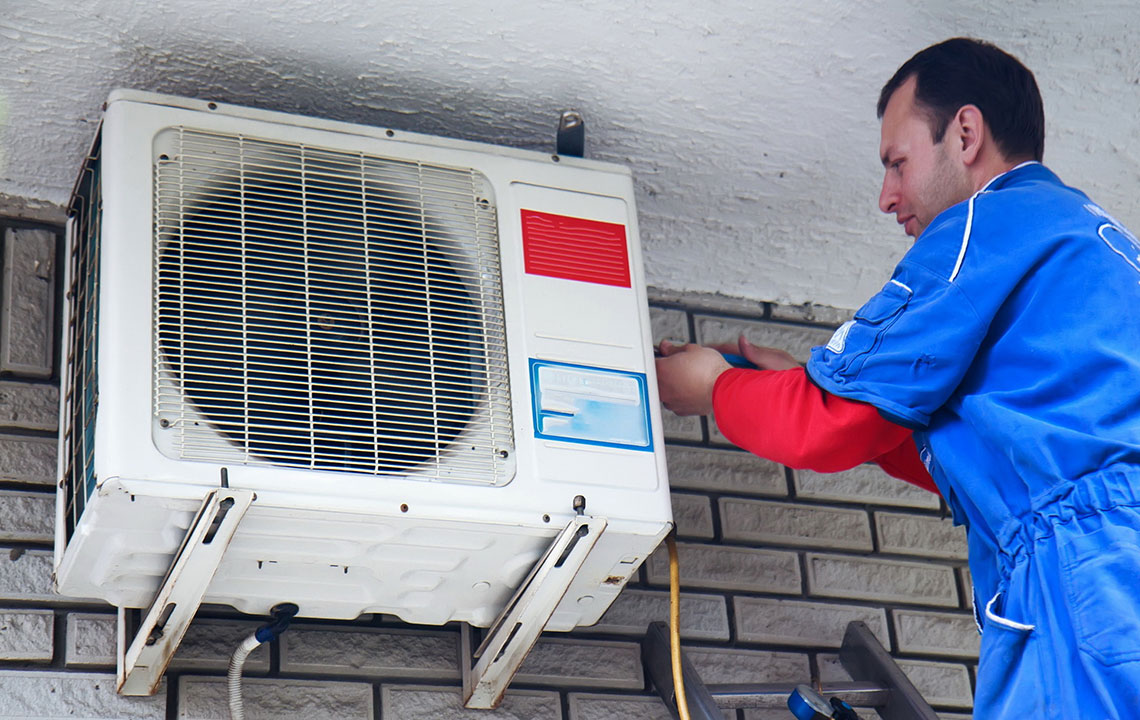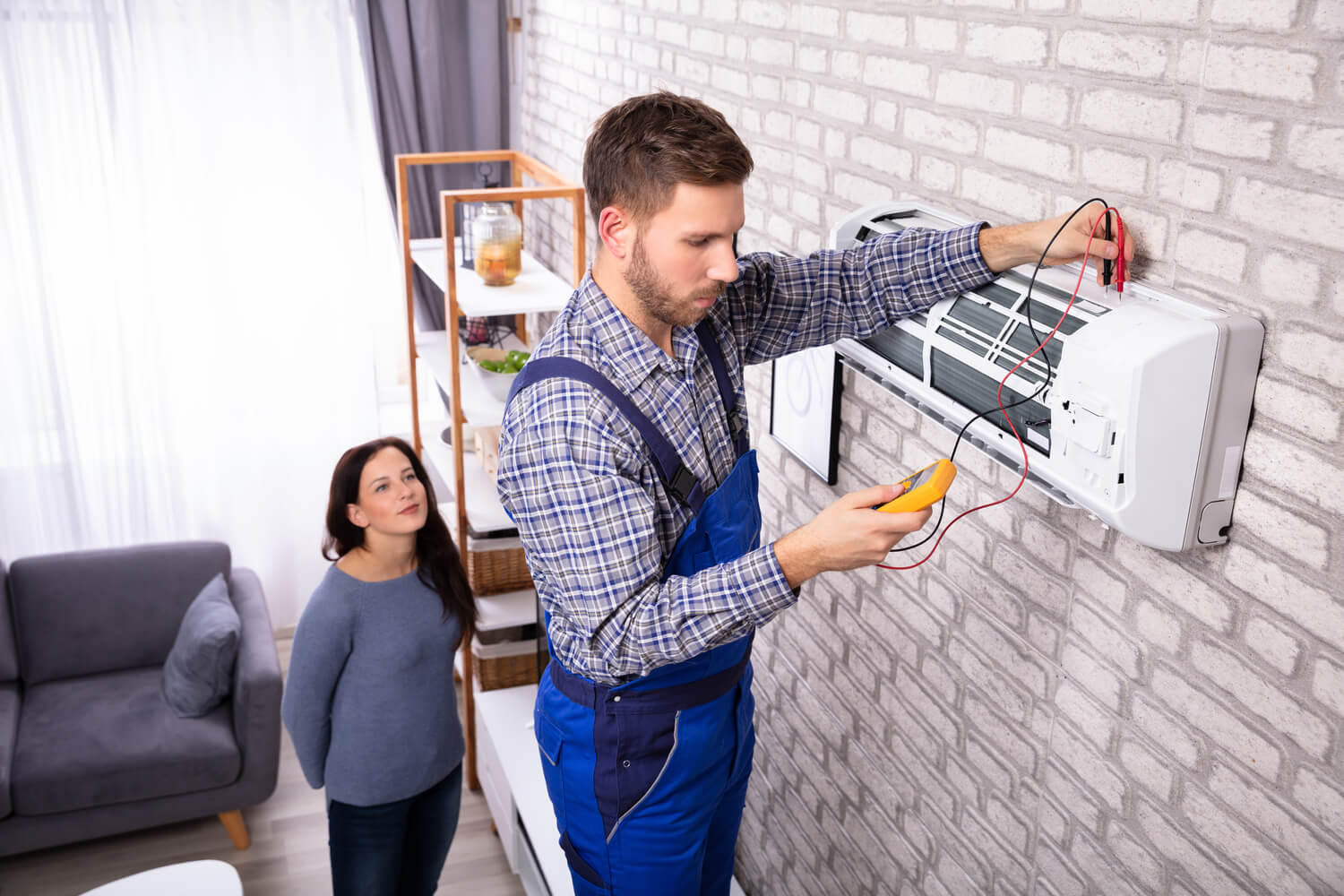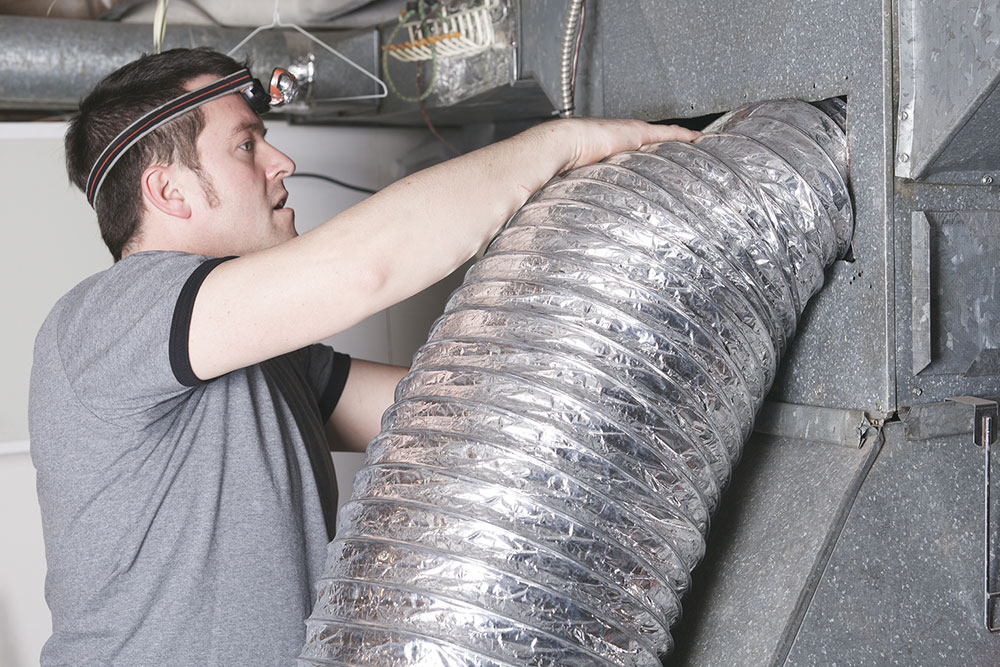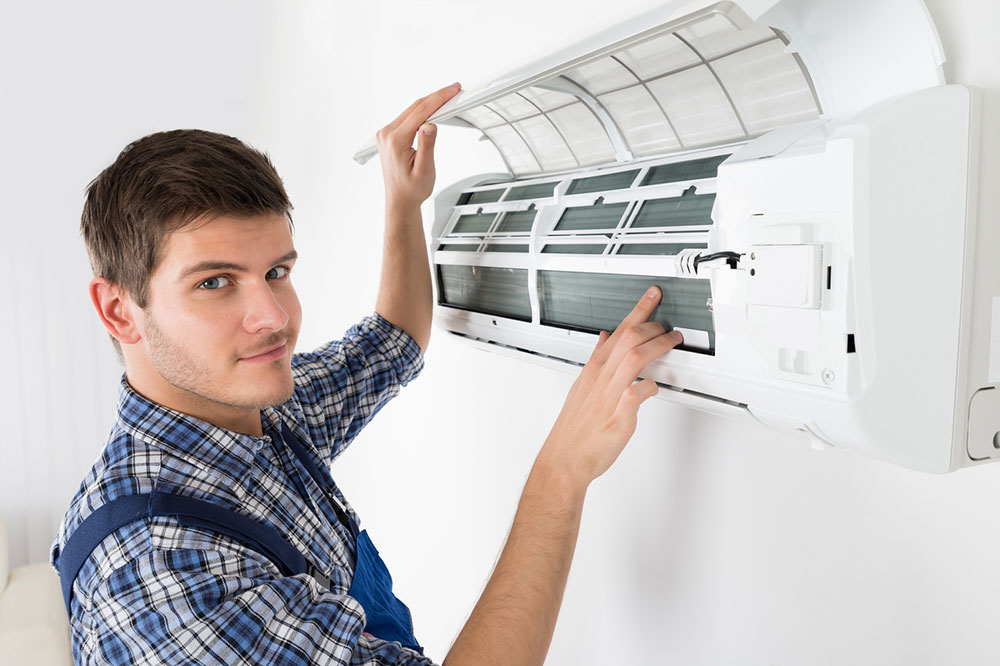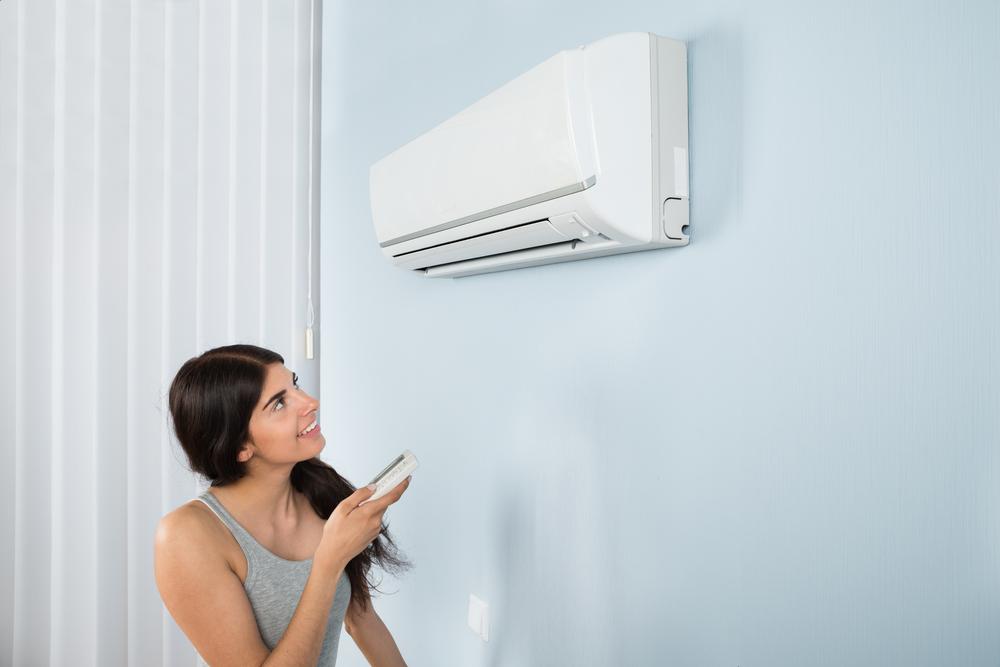Comprehensive Guide to Troubleshooting and Repairing Common Air Conditioner Problems
This comprehensive guide delves into common air conditioner issues, including problems with outdoor units, refrigerant leaks, ductwork, fans, and compressors. It offers practical troubleshooting tips and emphasizes the importance of regular maintenance and professional repairs to ensure your AC operates efficiently during summer. Stay comfortable by understanding how to identify and fix typical AC problems early, preventing costly damages and ensuring reliable cooling all season long.
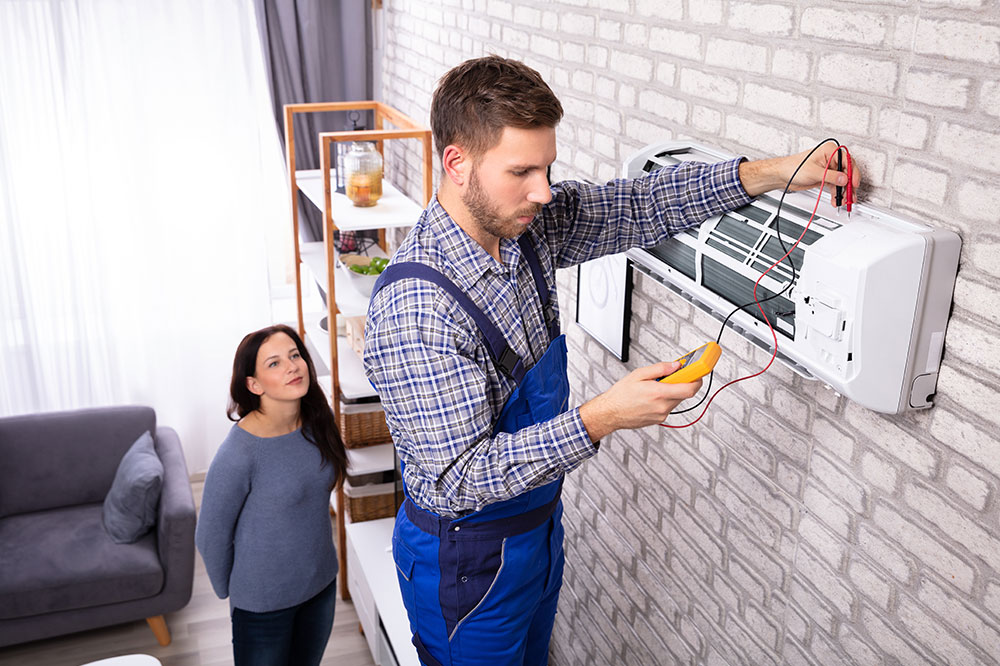
Summer brings an array of enjoyable activities such as swimming at the pool, enjoying beach trips, and hosting outdoor gatherings. However, enduring the intense heat can be uncomfortable if your air conditioning system isn’t functioning optimally. An efficient cooling system is essential for maintaining comfort in your home or office during the hottest months of the year. Unfortunately, with frequent use, air conditioners can develop various issues that hamper their performance. Understanding common AC problems and knowing how to troubleshoot them can save you time, money, and discomfort. This comprehensive guide covers the leading causes of air conditioner malfunctions and offers actionable tips for diagnosing and repairing these issues.
Common Problems with Outdoor Condenser Units
The outdoor condenser unit is a vital component of your AC system. It handles the expulsion of heat absorbed from indoor air by managing the refrigerant flow and pressure. If your air conditioner isn't cooling effectively, or if it refuses to turn on, the culprit might be a malfunctioning condenser. Causes could include debris accumulation, electrical failures, or mechanical damage.
Refrigerant Leaks and Low Refrigerant Levels
One of the silent but significant issues affecting AC performance is refrigerant leaks. Refrigerant is the substance that absorbs and releases heat in the cooling cycle. When a leak occurs, the refrigerant level drops, leading to reduced cooling efficiency or system failure. Detecting refrigerant leaks can be tricky because they often release small amounts of gas or result in frost buildup on coils. Professional assessment including leak detection methods such as electronic detectors or soap bubble tests is necessary for an accurate diagnosis. Repairing refrigerant leaks requires specialized skills and refrigerant handling procedures, so it's best left to HVAC professionals.
Air Duct System Issues
The ductwork distributes cooled air throughout your space. Damaged, obstructed, or leaking ducts compromise airflow, leading to uneven cooling and higher energy consumption. Leaky ducts can also introduce dust, allergens, and pollutants into indoor air, impacting air quality. Conducting an inspection of your duct system can reveal visible damage or leaks. In cases of severe duct deterioration, replacing sections or whole systems may be necessary to restore efficiency and indoor air quality.
Fan Motor and Blade Problems
The fans in your AC system—located in the evaporator coil and the outdoor condenser—are critical for proper heat exchange. Fan blades can become bent or damaged, motors can burn out, or belts can slip or break. Such issues reduce airflow, cause overheating, and impair the cooling process. Regular inspection and maintenance of fans—cleaning blades, lubricating motors, and replacing worn belts—can prevent many of these problems. If a fan fails, it’s advisable to seek professional repair services to ensure correct troubleshooting and safe handling.
Furnace and System-Related Concerns
If your AC system includes a furnace or heat pump, symptoms like strange noises, unusual odors, or ice formation on coils may indicate underlying faults. Dirty filters restrict airflow, causing motors or fans to work harder and potentially leading to motor burnout. Regularly replacing filters and scheduling routine maintenance can prevent such issues. Additionally, inspecting and cleaning evaporator and condenser coils help maintain system efficiency and extend lifespan. If you notice persistent problems, consulting an HVAC technician is crucial for accurate diagnosis and repair.
Compressor and Electrical Component Issues
The compressor is the heart of your air conditioning system, compressing refrigerant to facilitate heat transfer. Problems with compressor motors, electrical connections, or relays can cause the system to halt or operate inefficiently. Symptoms include abnormal noises, failure to start, or inadequate cooling. Since the compressor involves high voltage and complex parts, repair should be performed by trained technicians. Regular system checks and prompt attention to warning signs can prevent more severe damage and ensure your AC operates reliably during the hottest days.
Routine maintenance and timely repairs are essential for optimal AC performance. Cleaning filters regularly, inspecting components, and scheduling professional tune-ups can prevent most common issues. Addressing minor problems early can extend the lifespan of your cooling system and maintain its energy efficiency. Proper care not only improves comfort but also reduces energy bills and prevents costly repairs down the line. Whether you're dealing with a weak airflow, strange noises, or cooling inefficiency, understanding these typical issues enables you to take proactive measures or seek professional help promptly. Remember, a well-maintained air conditioner is key to staying cool and comfortable all summer long.
